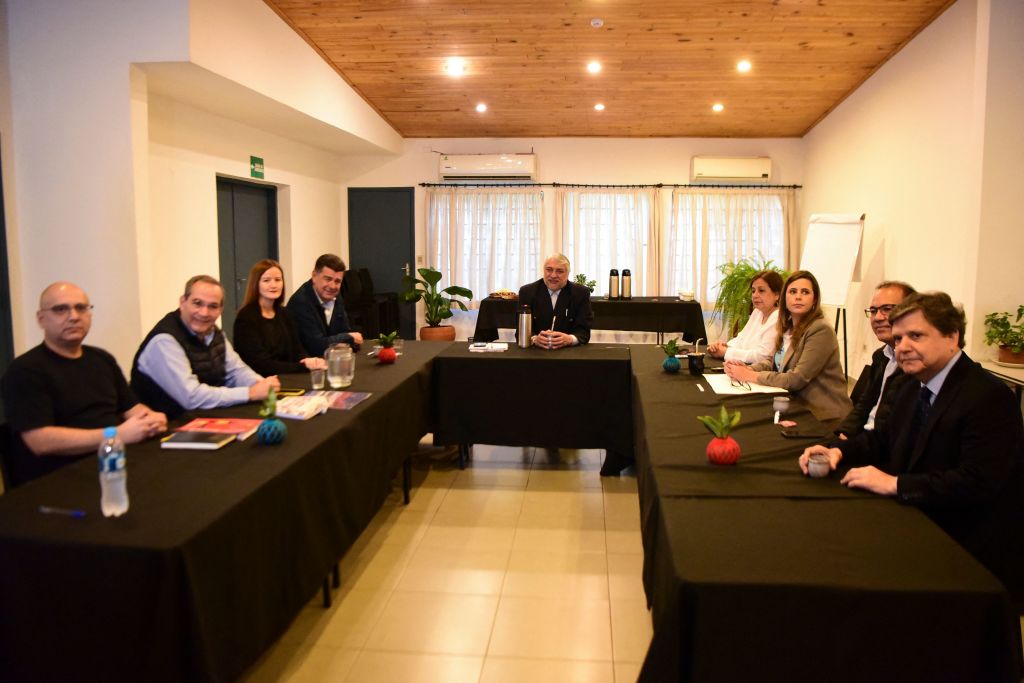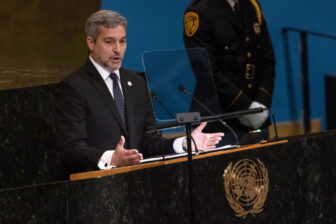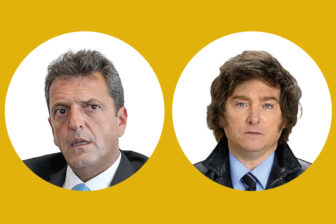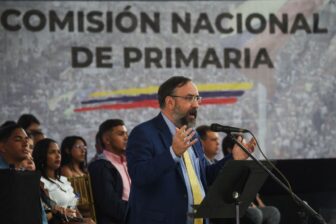Gabriel Cohen’s article “Paraguay is Poised for a Turbulent Election Season,” published on October 6, rightly put into focus the situation of Paraguay and the conflict between the two factions of the Colorado Party. It sharply illuminates some of the country’s most salient issues: corruption, organized crime, poverty and inequality.
It fails, however, to give sufficient attention to the alternative presented by the opposition. The opposition candidates together received more votes than the Colorado Party in three of the last six presidential elections. In fact, in 1993, 2003 and 2013, the opposition had more votes than the Colorado candidates. In 2008, the opposition won an election with a Colorado Party weakened by a bitter intra-party dispute akin to the one experienced today. In 2018, it came to within less than three percentage points of the Colorado candidate.
The 2023 electoral scenario is characterized by an anti-incumbent wave and a bitter primary within the Colorado Party. Most important, however, is that all opposition political parties have joined into a political coalition known as the Concertación, following the path of similar experiences in Chile and Uruguay with the Frente Amplio. The Concertación, whose candidates will emerge from an open primary on December 18 and is pivoted by its largest political force, the Liberal Radical Auténtico Party (PLRA), brings together all opposition parties, from the right-of-center Patria Querida Party to left-of-center former President Fernando Lugo’s Frente Guasú.
Entertaining the hypothesis that a candidate supported by a disgruntled sector of the Colorado Party has a chance of winning reflects a Colorado-centric approach; just the opposite is likely to happen, as in 2008. Paraguay is no longer a Colorado Party-dominated country. More than just a window of opportunity for an opposition united in the Concertación, as the article asserts, the elections of April 2023 may be a door.
— Professor Diego Abente Brun, Program Director of Latin American and Hemispheric Studies at the Elliott School of International Affairs, George Washington University.








